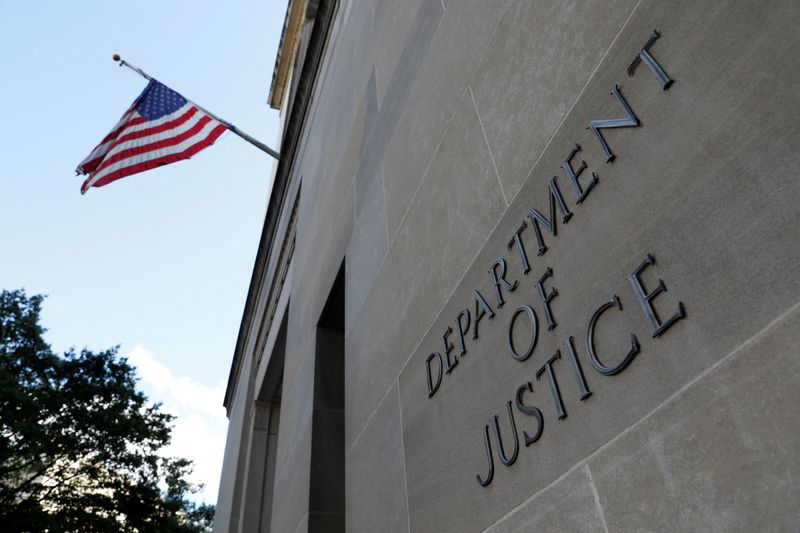By Luc Cohen
NEW YORK (Reuters) - The U.S. Justice Department last week launched a task force aimed at choking off assets that Russian oligarchs own in the United States, part of Washington's efforts to pressure Moscow to cease its invasion of Ukraine.
Here's how federal prosecutors could seize property belonging to allies of Russian President Vladimir Putin within the United States and use civil forfeiture laws to confiscate their assets permanently.
WHAT IS NEEDED TO SEIZE PROPERTY?
Law enforcement officials who believe an asset such as a home, a yacht, or an investment account was used to commit a crime or represents the proceeds of illegal activity may request a warrant to seize the property.
A judge would grant the warrant if there is "probable cause" to believe the property is linked to a crime in the United States. Certain crimes committed overseas - including public corruption and drug trafficking - provide U.S. prosecutors with grounds to seek civil asset forfeiture.
That would bar the owner from selling or transferring the property, said Stefan Cassella, a former federal prosecutor focusing on money laundering and asset forfeiture.
IS THAT THE END OF THE PROCESS?
No. For property exceeding $500,000 in value, prosecutors are required to file a civil asset forfeiture complaint in court seeking to permanently confiscate an asset. The case would be brought by federal prosecutors in the jurisdiction in which the assets were located.
"If the allegation were this money is derived from bribing Vladimir Putin, then you could commence a civil forfeiture action," Cassella said.
Cassella added that it was not enough to prove the owner of the property committed a crime: prosecutors must also show that the particular asset they are targeting was linked to the criminal activity.
Frequently, assets are owned through anonymous companies and the property owner does not wish to appear in court, said Sarah Krissoff, a partner at law firm Day Pitney LLP and former federal prosecutor.
"There are certainly circumstances where civil litigation is filed and the government is successful by default because the people on the other side of the aisle do not want to actually identify an interest in that property," Krissoff said.
HOW LONG DOES THE PROCESS TAKE?
It can take years. For example, in July 2016, the U.S. Department of Justice (DOJ) filed civil forfeiture complaints to recoup more than $1 billion in assets linked to the looting of Malaysian sovereign wealth fund 1MDB. The DOJ reached a $700 million settlement with a Malaysian financier accused of being the mastermind of the scheme more than three years later.
HOW DOES CIVIL ASSET FORFEITURE DIFFER FROM CRIMINAL PROSECUTION?
Prosecutors may charge oligarchs criminally and seek asset forfeiture as part of a potential punishment, but Russian oligarchs are unlikely to set foot in the United States to face trial. Civil claims can take place against U.S. property even without the property owner present in the country.
"A lot of these bad actors are not available to be prosecuted in the United States," said Duncan Levin, managing partner at Tucker Levin PLLC and a former federal prosecutor.
HAS CIVIL ASSET FORFEITURE BEEN USED TO SEIZE PROPERTY BEFORE?
Yes. While the launch this week of the new 'KleptoCapture' task force means more resources will be devoted to tracing Russian oligarchs' assets, the DOJ launched a broader initiative focused on overseas klepocrats' ill-gotten gains in 2010.

That unit in 2013 reached a settlement with the vice president of Equatorial Guinea that required him to hand over more than $30 million in assets he obtained through corruption, including a Malibu mansion and Michael Jackson memorabilia. The same unit was behind the 1MDB settlement.
(This story refiles to correct spelling of last name of former federal prosecutor Stefan Cassella in paragrahs 6, 9 and 10)